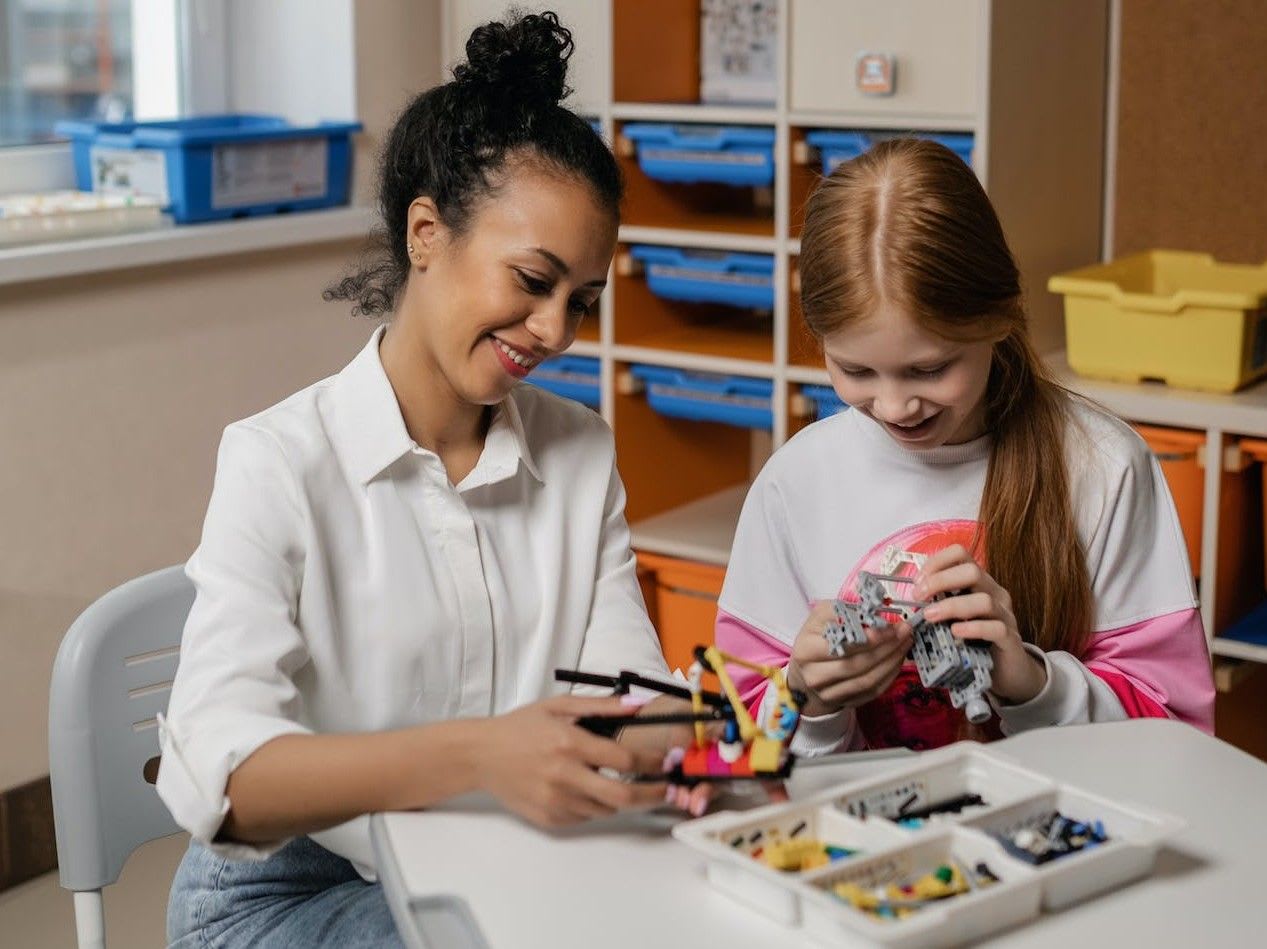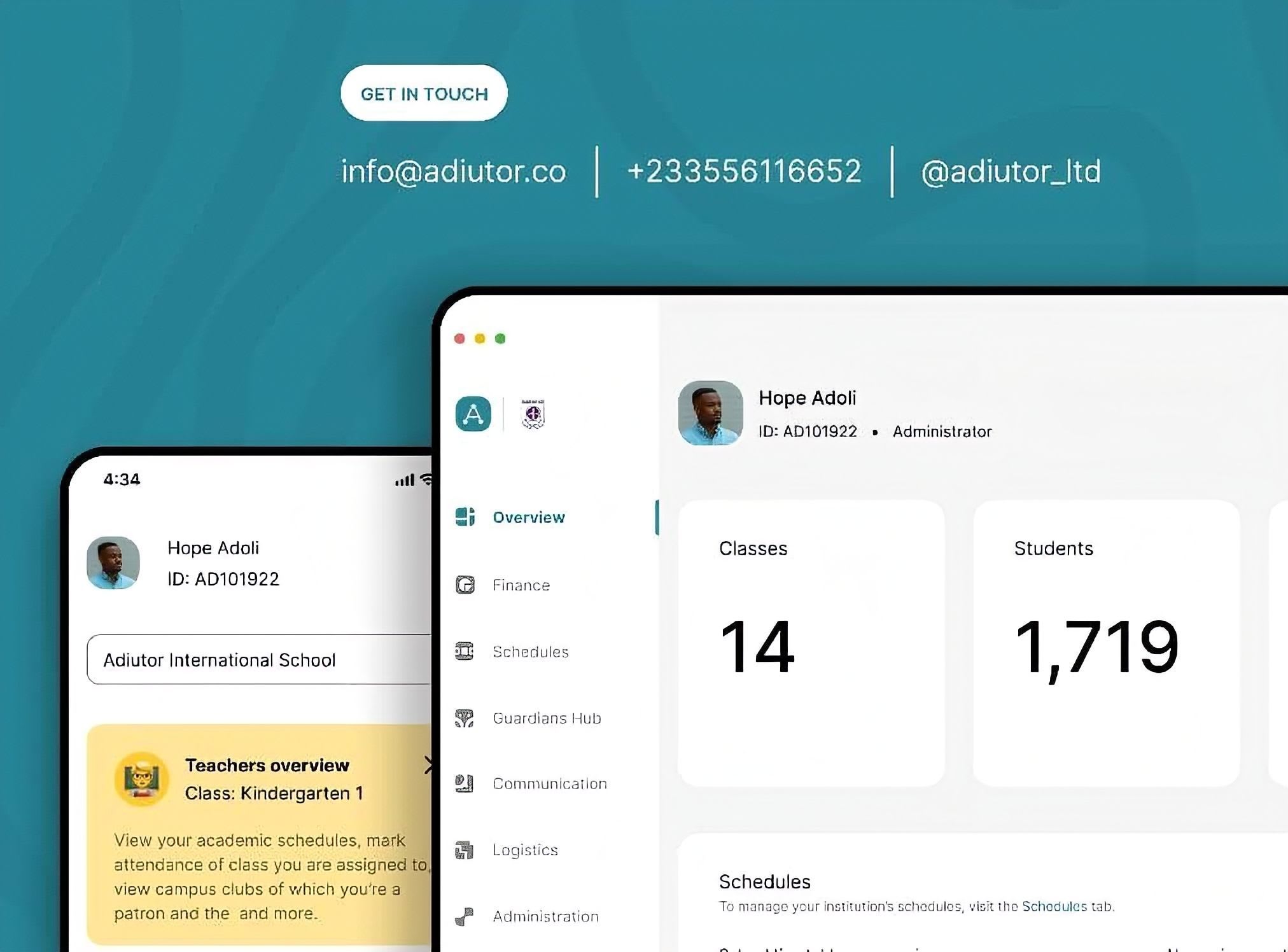The Effectiveness of Using Simulations in the Classroom for Learning
Innovative methods are continually sought to enhance the learning experience and one of such methods is the use of simulations in the classroom.

Innovative methods are continually sought to enhance the learning experience, one of such methods is the use of simulations in the classroom. Simulations, whether in virtual experiments, role-playing scenarios, or interactive models, offer a dynamic approach to learning that engages students and fosters a deeper understanding of complex concepts.
The utilization of simulations in the classroom stems from the idea that students learn best by doing and experiencing (kinesthetic learning). This article explores the theoretical foundations and pedagogical principles supporting the use of simulations in education, drawing insights from research studies.
💡 Lessons learnt: Simulations are the artisans transforming raw information into meaningful understanding
The Theoretical Foundations of Simulations in Learning
Constructivist Learning Theory: Central to the effectiveness of simulations is the constructivist learning theory, which posits that learners actively construct knowledge by integrating new information with their existing understanding. Simulations, by nature, immerse students in realistic scenarios, allowing them to explore, experiment, and make decisions. This hands-on experience promotes active engagement and deepens conceptual understanding.
Research by Jonassen (1991) highlights that simulations provide a rich context for knowledge construction. Learners not only acquire information but also actively participate in problem-solving, fostering a deeper and more meaningful learning experience. The dynamic nature of simulations aligns with the principles of constructivism, enabling students to build their knowledge through authentic experiences.
Cognitive Load Theory: Another foundational theory supporting the use of simulations is Cognitive Load Theory (CLT). Developed by Sweller (1988), CLT suggests that effective learning occurs when the cognitive load—the mental effort required to process information—is optimized. Simulations, with their interactive and immersive nature, allow for the gradual increase of cognitive load as students progress through scenarios.
Presenting information in a contextually relevant manner helps manage cognitive load effectively. They offer a scaffolded approach, introducing complexity progressively, and enabling students to build on their prior knowledge. As a result, learners can focus on understanding concepts rather than being overwhelmed by information, aligning with the principles of CLT.
Socio-constructivist Perspective: The socio-constructivist perspective, influenced by the work of Vygotsky (1978), emphasizes the importance of social interaction in the learning process. Simulations, especially those designed for collaborative experiences, align with this perspective by fostering peer interaction, discussion, and joint problem-solving.
Vygotsky's Zone of Proximal Development (ZPD) suggests that learning is most effective when it occurs within a learner's ZPD—a range of tasks that a learner cannot perform independently but can achieve with assistance. Simulations provide a supportive environment where students collaborate, share insights, and collectively navigate challenges, expanding their ZPD.
Forms of Simulations in Educational Settings
- Role-Playing Simulations: In role-playing simulations, students take on specific roles within a scenario and engage in decision-making, problem-solving, and interactions as those characters. In a history class studying a specific time period, students can assume the roles of historical figures and engage in debates or negotiations, gaining insights into different perspectives.
- Virtual Reality: These simulations replicate the experience of visiting different locations or environments, providing a virtual exploration opportunity. Rather than physically visiting a historical or unreachable site, students can go on a virtual field trip. In a solar system lesson, this kind of simulation allows the teacher together with the students to virtually explore outer space experiencing the planets in their orbits and how all forces found in nature interact with the solar system.
- Laboratories & Tools: Science laboratories simulate real-world experiments, allowing students to explore scientific concepts in a controlled environment. In a chemistry class, students can conduct experiments virtually, observing reactions and outcomes.
The utilization of simulations in the classroom has evolved into a transformative educational tool. The ability to replicate real-world scenarios, encourage critical thinking, and enhance problem-solving skills makes simulations a valuable asset in education. How does your school integrate simulations into their lessons?

Adiutor
Adiutor means "helper" - we do just that, by taking a load of your school administration and helping you focus on what matters most: the kids.
References:
- Mayer, R. E. (2009). "Multimedia Learning (2nd ed.)." Cambridge University Press.
- Vygotsky, L. S. (1978). "Mind in Society: The Development of Higher Psychological Processes." Harvard University Press.
- Chernikova, O., Heitzmann, N., Stadler, M., Holzberger, D., Seidel, T., & Fischer, F. (2020). Simulation-Based Learning in Higher Education: A Meta-Analysis. Review of Educational Research, 90(4), 499-541. https://doi.org/10.3102/0034654320933544
- Gredler, M. E. (1992). "Designing and Evaluating Games and Simulations: A Process Approach."
- Sitzmann, T. (2011). "A Meta-Analytic Examination of the Instructional Effectiveness of Computer-Based Simulation Games." Personnel Psychology.
- Jonassen, D. H. (1991). "Objectivism versus constructivism: Do we need a new philosophical paradigm?" Educational Technology Research and Development, 39(3), 5-14.
- Sweller, J. (1988). "Cognitive load during problem solving: Effects on learning." Cognitive Science, 12(2), 257-285.
- Vygotsky, L. S. (1978). "Mind in society: The development of higher psychological processes." Harvard University Press. https://doi.org/10.2307/j.ctvjf9vz4
